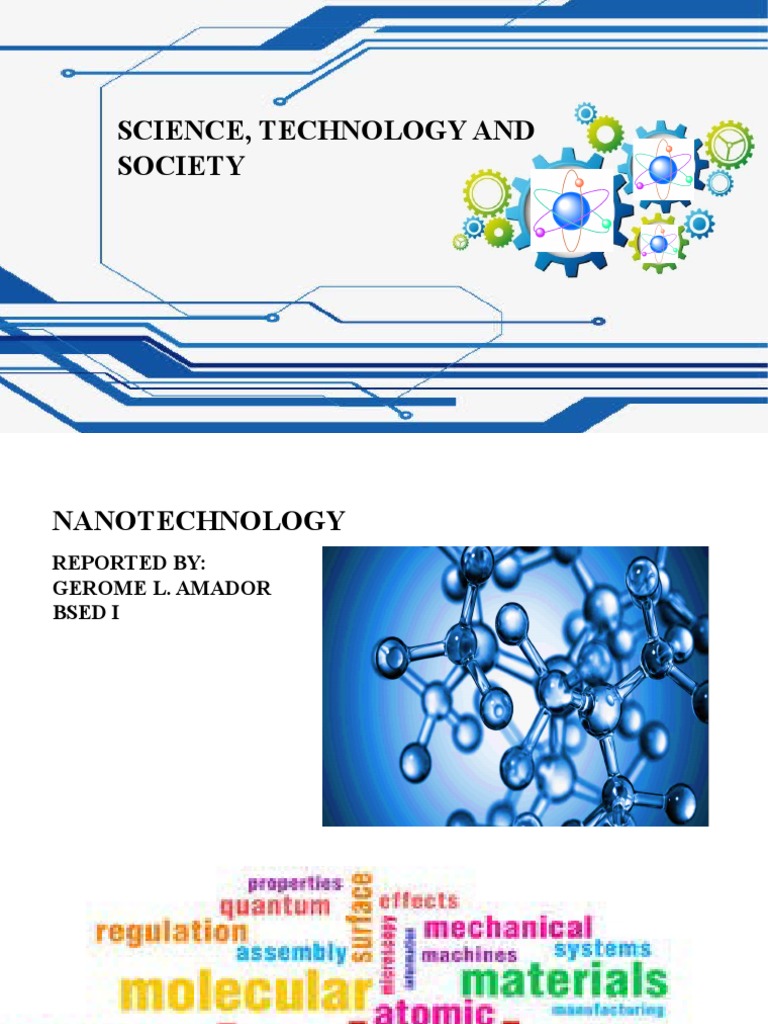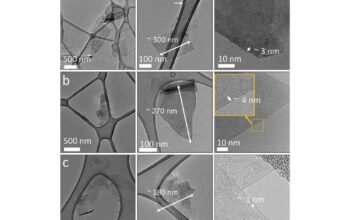Nanotechnology, the manipulation of matter at atomic and molecular scales, is carving its niche in the plethora of scientific disciplines available for study today. It is an area that thrives at the intersection of various fields, including physics, chemistry, biology, and materials science. The remarkable aspects of this discipline invite a closer examination of why it has garnered widespread interest and whether it is a worthwhile field for prospective students to pursue.
At its core, nanotechnology is distinguished by the unique properties that materials exhibit at the nanoscale. The behavior of materials can change drastically when they are reduced to dimensions smaller than 100 nanometers. At this scale, quantum mechanical effects become prominent, often resulting in materials with enhanced strength, lighter weight, increased chemical reactivity, and even altered optical capabilities. The implications are vast, ranging from advanced medical applications to revolutionary developments in energy storage and conversion.
One compelling reason to consider a study in nanotechnology is its multidisciplinary nature. The boundaries between core scientific disciplines blur as nanotechnology integrates concepts from physics, chemistry, and biology. This confluence fosters innovation; when professionals collaborate across disciplines, groundbreaking solutions emerge. Thus, studying nanotechnology equips individuals with a versatile skill set, making them adaptable in a constantly evolving job market. Today’s global challenges require a multifaceted approach, and a background in nanotechnology facilitates that adaptability.
Furthermore, nanotechnology is at the forefront of numerous burgeoning industries. From pharmaceuticals and electronics to environmental remediation and renewable energy, the applications are burgeoning. For example, in medicine, nanoparticles are being incorporated into targeted drug delivery systems, maximizing efficacy while minimizing systemic side effects. This revolutionary approach is not merely theoretical; numerous clinical applications already utilize nanotechnology, underscoring its promise for future breakthroughs. Thus, students entering this discipline are likely to find themselves at the cutting edge of technological advancement.
An oft-cited observation is that the prospect of working on real-world problems is particularly appealing to students of nanotechnology. Individuals drawn to this field often share a common ambition: to enact meaningful change through their research and advancements. The ability to facilitate the development of new treatments for diseases or to design materials that improve energy efficiency serves as a profound motivator. As environmental concerns escalate, solutions involving nanotechnology, such as development of more efficient solar cells or advanced filtration materials for clean water, are increasingly critical. Engaging in work that directly impacts public health and the environment cultivates a sense of purpose, a sentiment that resonates deeply with students and professionals alike.
Moreover, the integration of nanotechnology into emerging technologies is a significant arena for exploration. For example, quantum computing—a frontier in computing technology—is increasingly reliant on nanomaterials to construct qubits, the fundamental units of quantum information. The ability to manipulate materials at the nanoscale directly affects the performance and scalability of quantum systems. This interconnection between nanotechnology and futuristic technologies provides a tantalizing prospect for students, who might find themselves contributing to advancements that redefine our understanding and use of technology.
However, the study of nanotechnology is not without its challenges. Ethical considerations surrounding the use of nanomaterials must be taken seriously. The very properties that make nanomaterials effective in applications can also lead to unintended consequences when they behave unpredictably in biological systems. As awareness of the potential hazards mounts, the need for rigorously trained scientists who can navigate these complexities becomes imperative. Individuals drawn to nanotechnology must therefore embrace not only the technical dimensions of their work but also the ethical ramifications thereof.
Additionally, the rapid pace of change in technology means that students in this field must commit to lifelong learning. The scientific landscape is awash with continual advancements, necessitating that professionals remain informed and adaptable to new methodologies and findings. This environment can be stimulating yet demanding, posing a double-edged sword that requires resilience and enthusiasm for ongoing discovery.
In conclusion, the question of whether nanotechnology is a good discipline to study is layered and multifaceted. Its interdisciplinarity, relevance to pressing global challenges, potential for innovation, and implications for future technologies illuminate its significance in contemporary academia and industry. Although it requires commitment to ethical considerations and adaptability to fast-paced developments, the ability to contribute to groundbreaking advancements that have the power to reshape healthcare, environmental sustainability, and technology renders nanotechnology a compelling choice for students passionate about making impactful contributions in science. As the world becomes increasingly complex and interconnected, the role of nanotechnology in navigating these intricacies confirms its stature as a valuable field of study.












